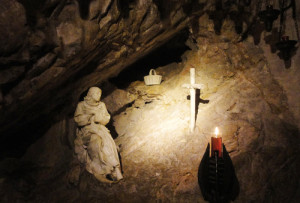In the preface to After Virtue, Alasdair MacIntyre makes a curious admission:
Ever since the days when I was privileged to be a contributor to that most remarkable journal The New Reasoner, I had been preoccupied with the question of the basis for the moral rejection of Stalinism.
Wait–what’s there to be preoccupied with here? Rejecting Stalinism should be easy, shouldn’t it? Could there be anything simpler, less risky, than soundly denouncing Stalinism? What could he possibly mean?
